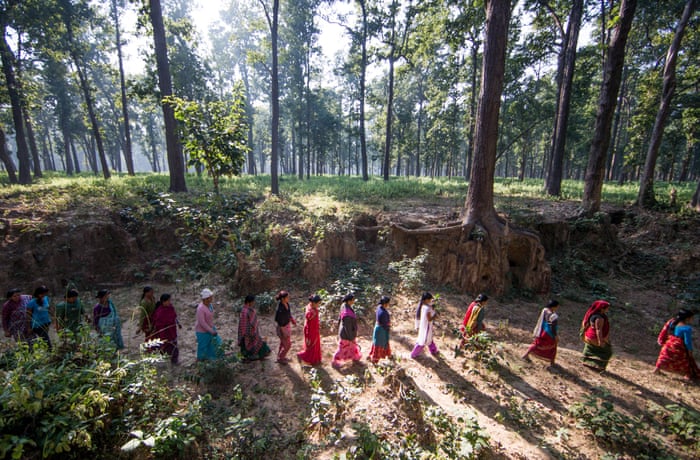The building block is built on the principle that a community based initiative to protect cetaceans and their habitats is best done when owned by the local communities itself. It incentivizes, empowers and engages a community and its businesses so that they benefit directly from a healthy and thriving ocean.
To coordinate and facilitate the development of a WHS initiative, a steering committee is formed by local stakeholders. These are enthusiastic, creative and passionate individuals who steer the process and help launch, maintain, and sustain the application process.
An effective WHS steering committee should be fully diverse and inclusive and representative of the community and include staff, volunteers, and community members. Its purpose is to serve as a mobilizing force, not a bureaucracy. Making the process meaningful and purposeful for everyone involved. Within the process there is guidance on establishing sub-committees or workgroups to focus on specific goals and activities.
As well as leading and manageing the process of application, the steering committee must show continual improvement across the community with its various initiatives, through annual reporting as a measure of WHS's excellence.
It took 2 years and the collaborative efforts of a local steering committee, made up of dedicated and passionate local stakeholder partners (individuals and local organisations), for The Bluff to achieve Whale Heritage Site status. Committee members now work together for positive change. Meeting on a regular basis and continually striving toward the ultimate goal of putting The Bluff front and centre for the conservation and preservation of cetaceans and all the benefits that this provides for the community.
Enabling and empowering a community to work together requires a clear direction, benefits, and a core team of dedicated stakeholders to drive the project forward locally. It must be community owned at every stage of the process and be fully representative of the community, its needs, its vision and its priorities.
